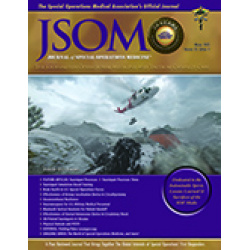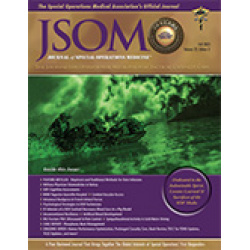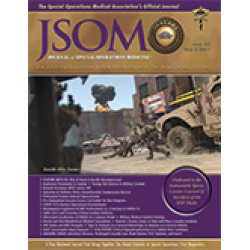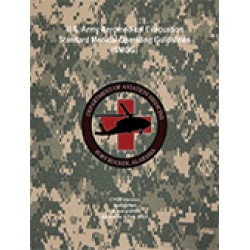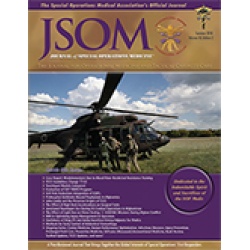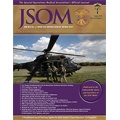Latest Products
Arthropod Borne and Zoonotic Infections Among Military Personnel in Georgia
Chitadze N, Gureshidze N, Rostiaschvili N, Danelia N, Dalakishvili K, Durglishvili L, Kuchukhidze R, Imnadze P, Chlikadze R, Betashvili M, Kuchuloria T, Akhvlediani N, Rivard R, Nikolich M, Bautista CT, Washington MA, Akhvlediani T 18(2). 136 - 140 (Journal Article)
Military personnel are at an increased risk for exposure to arthropod- borne and zoonotic pathogens. The prevalence of these pathogens has not been adequately described in the country of Georgia. As the Georgian military moves toward an increased level of capability and the adoption of European Union and North Atlantic Treaty Organization standards, international field exercises will become more frequent and will likely involve an increasing number of international partners. This study was undertaken with the goal of defining the arthropod-borne and zoonotic pathogen threat in Georgia so force health protection planning can proceed in a rational and data-driven manner. To estimate disease burden, blood was taken from 1,000 Georgian military recruits between October 2014 and February 2016 and screened for previous exposure to a set of bacterial and viral pathogens using a antibody-based, serologic procedure. The highest rate of exposure was to Salmonella enterica serovar Typhi, and the lowest rate of exposure was to Coxiella burnettii (the causative agent of Q fever). These data provide insight into the prevalence of arthropod-borne infections in Georgia, fill a critical knowledge gap, will help guide future surveillance efforts, and will inform force health protection planning.


 Español
Español 